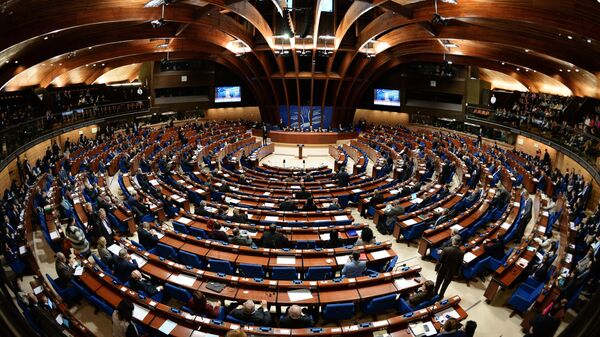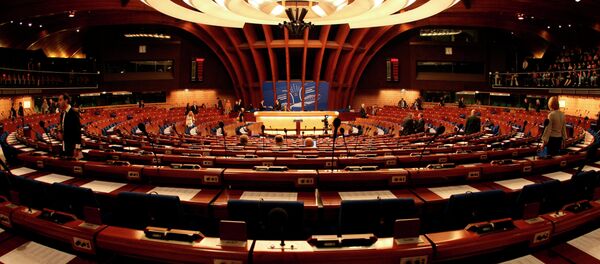"At PACE, double standards have become everyday practice. As a result, real problems of the European continent and the real challenges, such as international terrorism, nationalism and neo-Nazism, do not get an adequate response, an adequate assessment of the Parliamentary Assembly, and become even more dangerous to all Europeans," Sergei Naryshkin said.
Naryshkin expressed hope that new PACE head Pedro Agramunt would try to change the situation.
In April 2014, after Crimea joined Russia as a result of a referendum, PACE banned the Moscow delegation from voting and participating in the work of PACE governing bodies until the end of 2014. In 2015, the ban was extended.
Last week, Naryshkin said that Moscow would only resume its cooperation with PACE after the working conditions for all delegations had been made equal.



